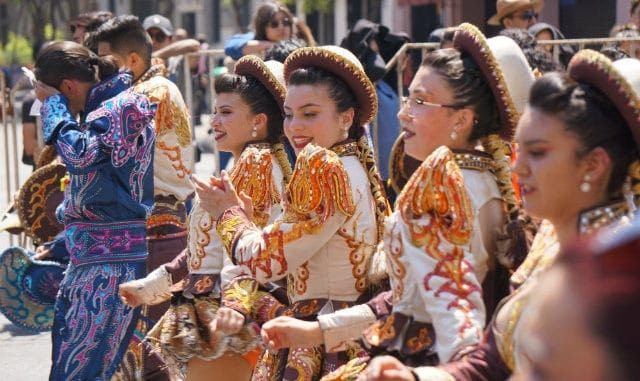
SANTIAGO – Chile has been ranked among the top 25 countries in the world with the most freedom, according to a new report by Freedom House, an independent watchdog organization that releases an annual report on freedom around the world, measures it in terms of civil liberties and political rights.
Chile received a score of 94 in Freedom House’s 2017 report, losing three political rights points under political pluralism and participation and functioning of government categories, and three civil liberties points under the rule of law and individual rights categories.
According to the annual report, Freedom in the World, Chile is a stable democracy that has experienced a significant expansion of political rights and civil liberties since the return of civilian rule in 1990. Ongoing concerns include corruption and unrest linked to land disputes with the indigenous Mapuche population.
Key Developments in 2017
The conservative presidential candidate of the Chile Vamos coalition, Sebastián Piñera, won a runoff election held in December with 55 percent of the vote. He defeated Alejandro Guillier, the candidate of the governing Nueva Mayoría coalition.
Congressional elections held in November resulted in a fractured legislature, with no party able to win an outright majority in either the lower or upper house. Piñera’s coalition took a plurality of seats in both chambers, but will need some support from opposition lawmakers to pass legislation.
In September, a law introduced by center-left President Michelle Bachelet that decriminalize abortion in the events of rape, an inviable fetus, or danger to the life of the mother, took effect.
Freedom in the World – 2017
Finland, Norway and Sweden received a score of 100 each in Freedom House’s 2017 report.
Freedom House’s top 10 countries in 2018 also match rather well with Forbes’ list of the 10 happiest countries in 2018.
Canada has claimed the fourth spot with a score of 99 after losing one civil liberties point for rule of law, citing strict defamation laws and high rates of gender and racial discrimination among indigenous women.
In 2018, more than 130 in-house and external analysts and advisers from academia, think tanks, and human rights institutions created the report by collecting data from media, research articles, government documents, and other sources.
That data was then used to score a country’s political rights on a scale of 0-40 and its civil liberties on a scale of 0-60.
Freedom House measured political rights by the degree with which a country’s elections are free and fair, as well as by how much political pluralism and participation there is. Civil liberties, on the other hand, were measured by how free and independent the media is and how much freedom of expression and assembly there is.



